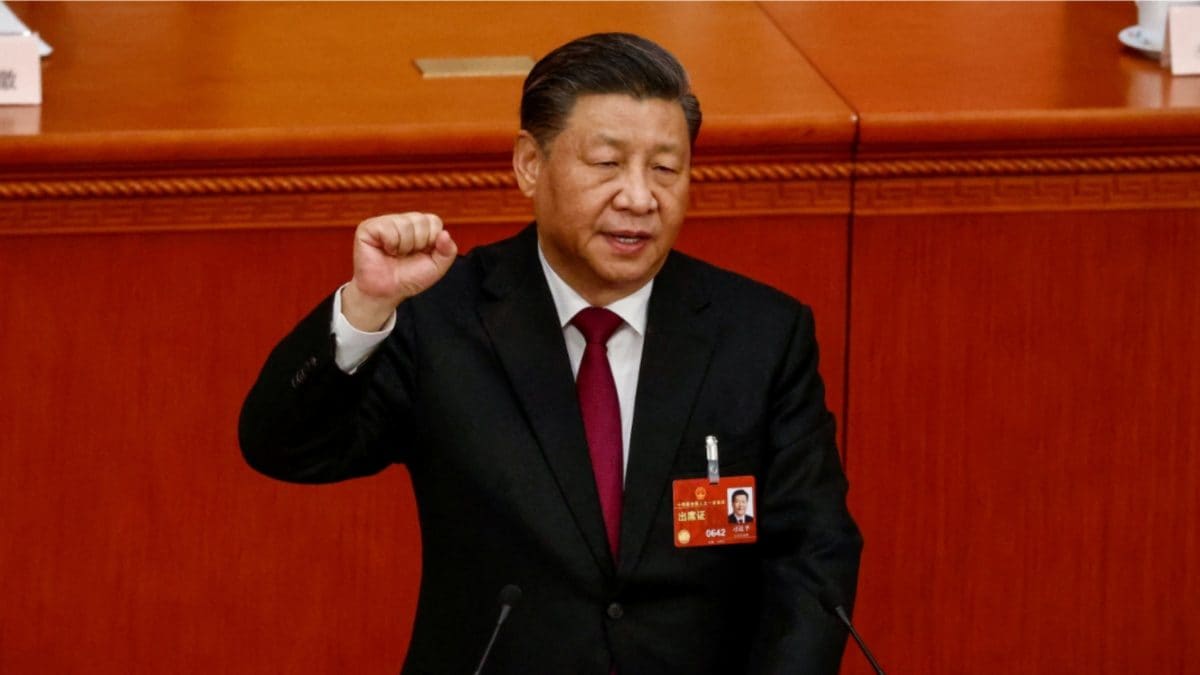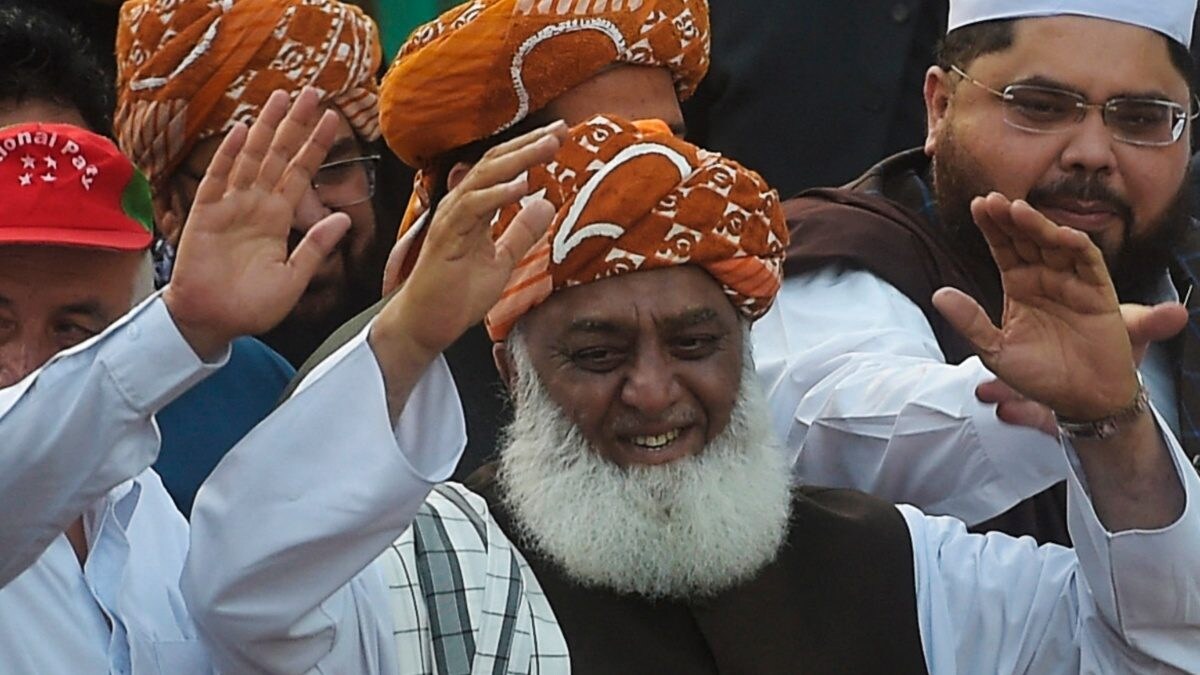[ad_1]

Xi Jinping in his speech ordered ‘greater efforts’ to fight corruption in ‘finance, state-owned enterprises, energy, medicine and infrastructure’. (Image: Reuters)
Xi is using Mao’s philosophy of keeping his flock together, by launching these purges and crackdowns. Since 2012, when he came to power, Xi has been going after ‘tigers’ (high-ranking officials) and ‘flies’ (lower level cadres)
The anti-corruption drive in China has become the central plank of the Xi Jinping government. The crackdown is often used to remove anyone who does not agree with Xi’s style of working, promoting “clean governance”.
In recent months, the campaign has swept through industries including banking, insurance, state-backed business and sport. State broadcaster CCTV had reported that a former top executive at a state-owned oil and gas giant had been arrested for suspected bribery.
Xi in his speech ordered “greater efforts” to fight corruption in “finance, state-owned enterprises, energy, medicine and infrastructure”.
Andrew Wedeman, head of China Studies at Georgia State University, said, as quoted by BBC, “The corruption he fears is real. It is likely also true that Xi has capitalised on crackdown to gain political advantage”.
Xi, who began his second decade as China’s top leader in 2022, has his party launch such state campaigns every now and then in order to have organised politics, and launch investigations against anyone however he wants.
How Xi’s Predecessors Viewed Corruption?
Mao used to launch such campaigns in order to foster loyalty and love for the party. During Deng Xiaoping and Jiang Zemin, the idea behind corruption was to elevate the living standards of people so that they don’t feel the need to act corruptly.
When Hu Jintao was in charge, most Chinese people had a better standard of living, but there were many who used corrupt means to gain increase wealth, which exacerbated cases of fraud.
Xi is using Mao’s philosophy of keeping his flock together, by launching these purges and crackdowns. Since 2012, when he came to power, Xi has been going after “tigers” (high-ranking officials) and “flies” (lower level cadres).
More than 100 finance sector officials have been punished over the past year. Some of the former chairs of major banks have been implicated for taking bribes.
China’s Score on Corruption Index
China’s score on the Corruption Perceptions Index compiled by Transparency International has improved six points to 45. The gain is one point more than in lower-scoring India over the same period. Ironically, the United States has declined 4 points to 69. The index maker attributes America’s worsening position to factors including poor oversight of pandemic-related financial aid, according to Reuters.
Nearly 5 million individuals, mostly party officials, have been purged by Xi’s Communist Party of China (CPC) in the last 10 years.
The Central Commission for Discipline Inspection (CCDI), a feared watchdog, investigated 45 senior officials last year. Among them, top executives in the central bank and state lenders. Former Bank of China Chairman Liu Liange was sacked last year following a CCDI probe.
The CCDI launched investigations into a record 45 senior officials in 2023, which is 40% higher than 2022, South China Morning Post reported on January 3. The watchdog has investigated 4.39 million cases and punished 4.7 million officials as of April 2022, state-run newspaper Global Times reported in June 2022.
Recently, a leading Chinese nuclear fuel engineer has been placed under investigation for committing serious violations of discipline and law, the CCDI said in a statement. Li Guangchang is a former director of the nuclear fuel division of CNNC, a state-owned enterprise that oversees China’s civilian and military nuclear programmes.
[ad_2]
Source link





